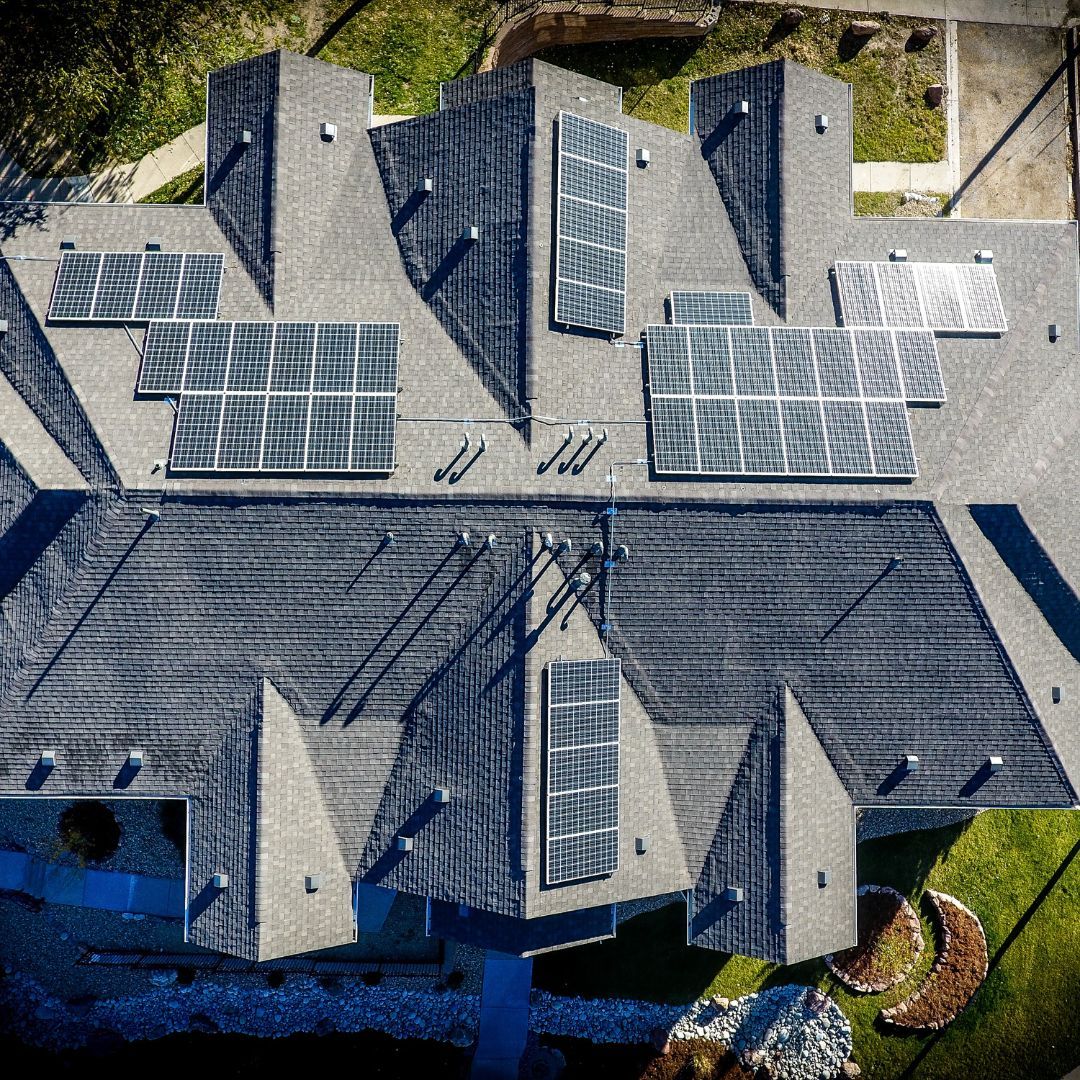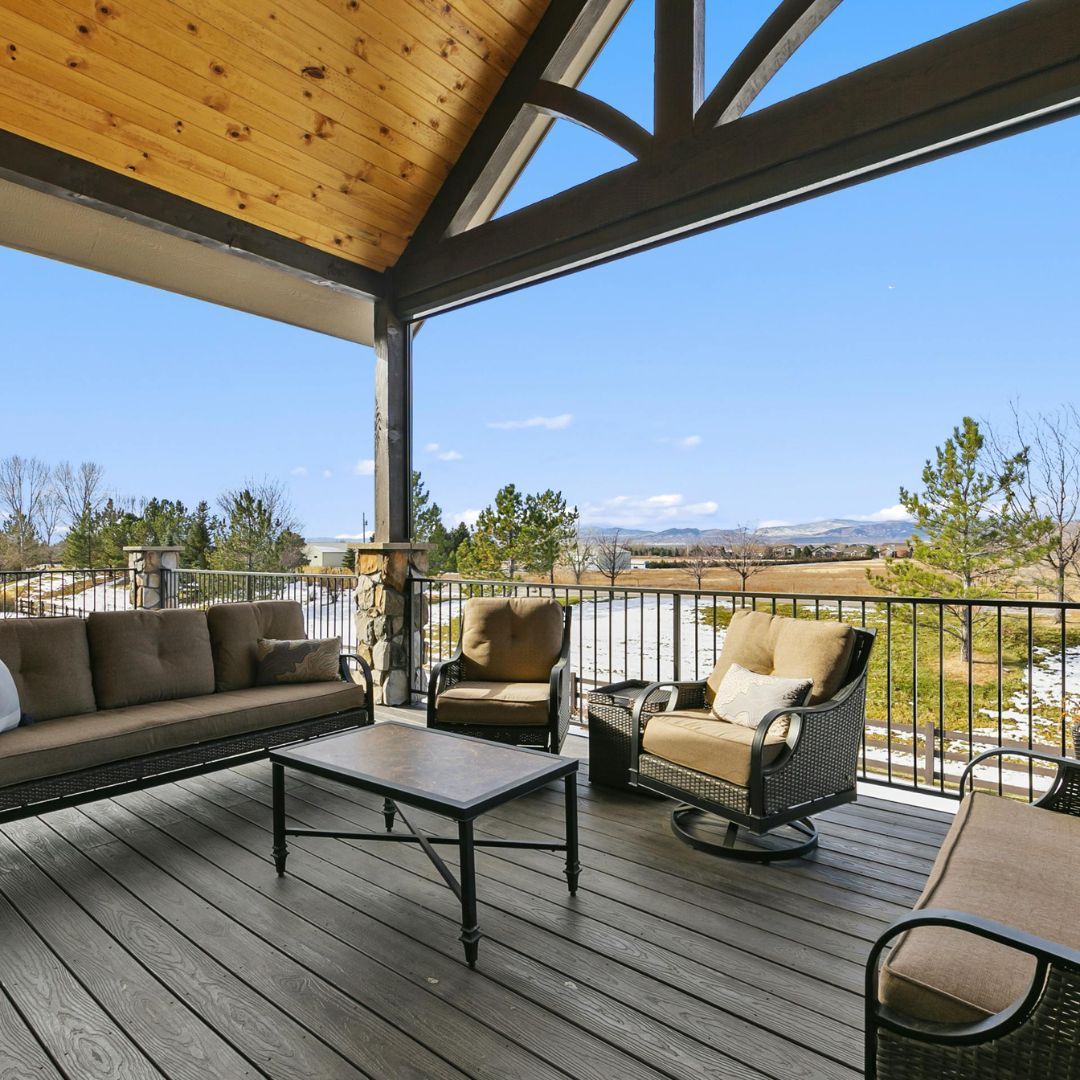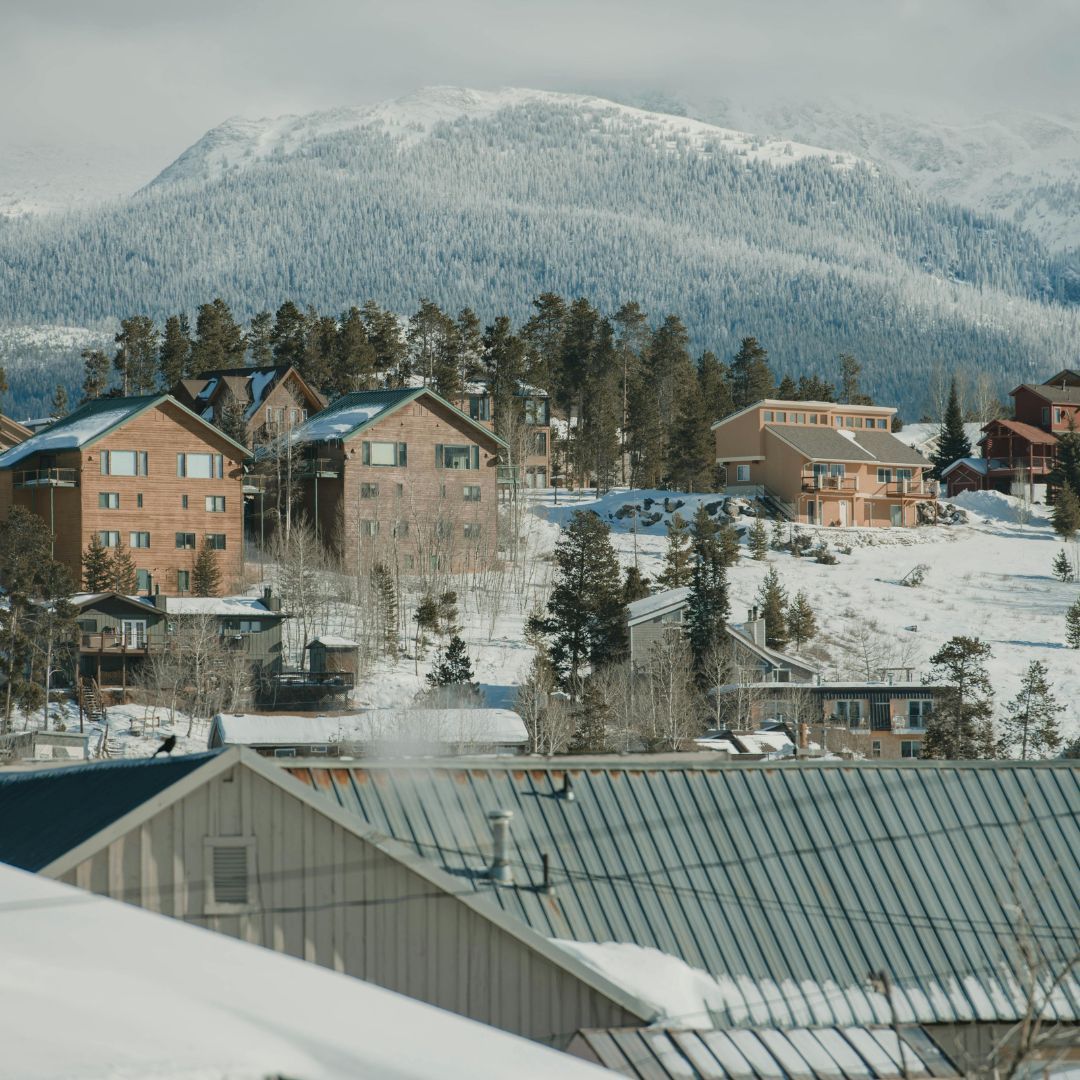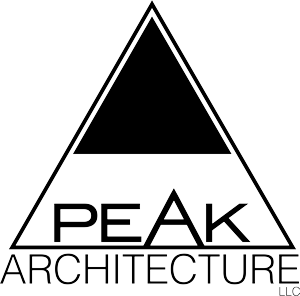Colorado's diverse climate, ranging from sunny days to heavy snowfall, significantly influences architectural design. As a residential architect, understanding how to adapt structures to these varying conditions is vital for creating functional, comfortable homes. This article explores key design features that allow architecture to thrive in Colorado's unique weather.
Architectural Landmarks in Colorado: Designing for Colorado’s Climate
Architectural Landmarks in Colorado: Designing for Colorado’s Climate

Elevation and Natural Insulation
Buildings across Colorado are often designed to take advantage of their elevation. High-altitude structures benefit from natural insulation techniques, such as thick walls and strategic window placement, which help maintain temperature stability. By utilizing materials that offer high thermal mass, architects can create homes that remain comfortable year-round, minimizing heating and cooling energy demands.

Solar Orientation for Energy Efficiency
In Colorado, maximizing solar gain is essential for energy efficiency. Residential designs often feature south-facing windows to capture sunlight and heat, particularly during the winter months. Proper shading and overhangs are strategically applied to prevent overheating in the summer, ensuring that homes remain comfortable and energy-efficient throughout the seasons.

Incorporating Outdoor Living Spaces
The mild summers and stunning natural surroundings encourage the inclusion of outdoor living spaces in residential design. Architects often create decks, patios, and porches that seamlessly blend indoor and outdoor areas. These spaces not only enhance livability but also capitalize on the breathtaking views that Colorado offers, making homes more enjoyable for residents.

Sustainable Design Practices
Adapting to Colorado’s climate also involves embracing sustainable design practices. Incorporating green roofs, rainwater harvesting systems, and energy-efficient materials helps minimize a building’s ecological footprint. For instance, LEED-certified homes set a benchmark for sustainability, combining innovative techniques with the beauty of the natural landscape.
Creating Lasting Homes in Colorado
Understanding how Colorado's climate influences architectural design is crucial for creating enduring and comfortable homes. At PEAK Architecture, we apply these principles to ensure our residential projects not only withstand the state's unique weather but also enhance the well-being of residents. Ready to design a home tailored to Colorado’s climate? Contact us today to start your journey!
